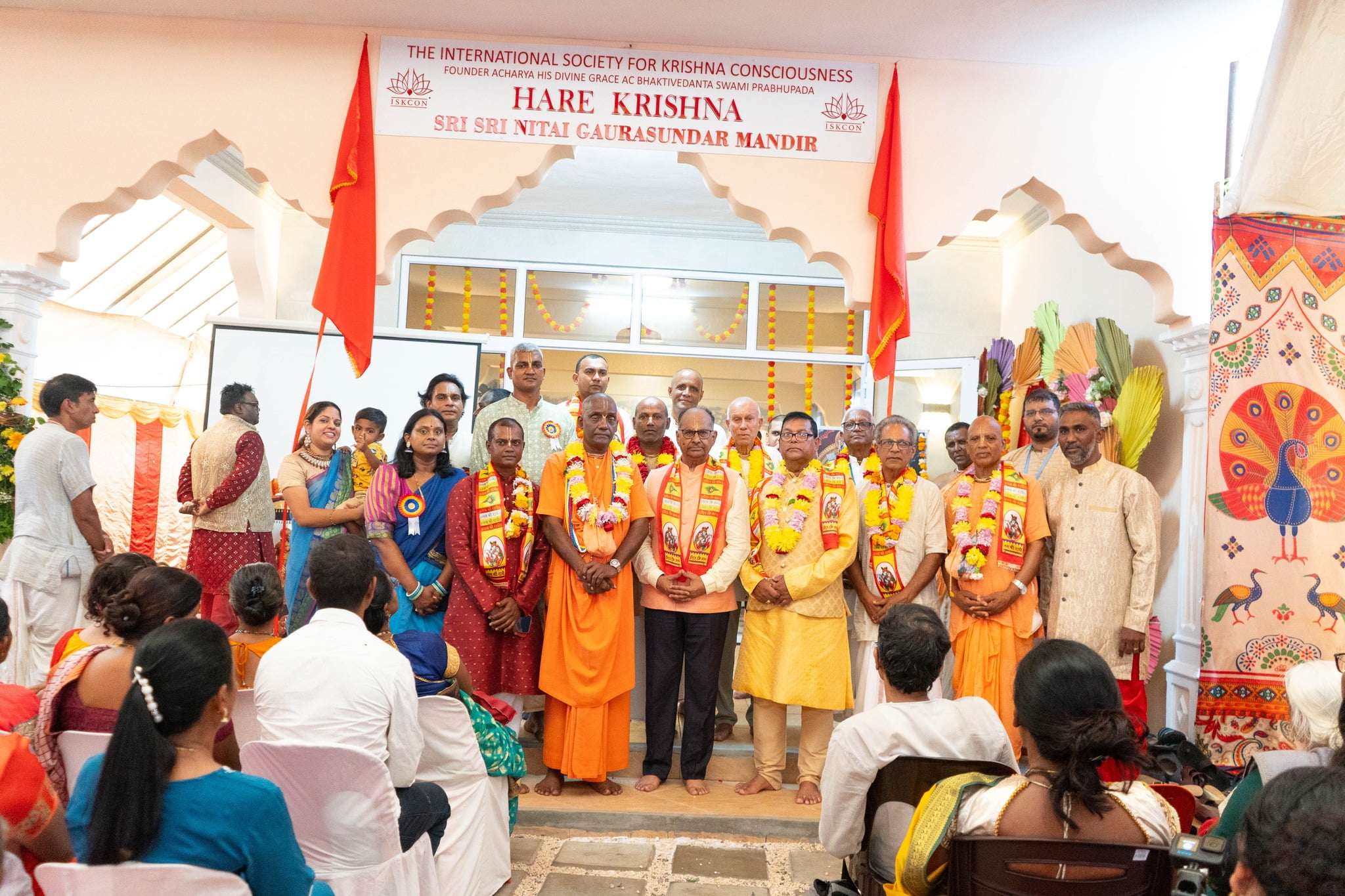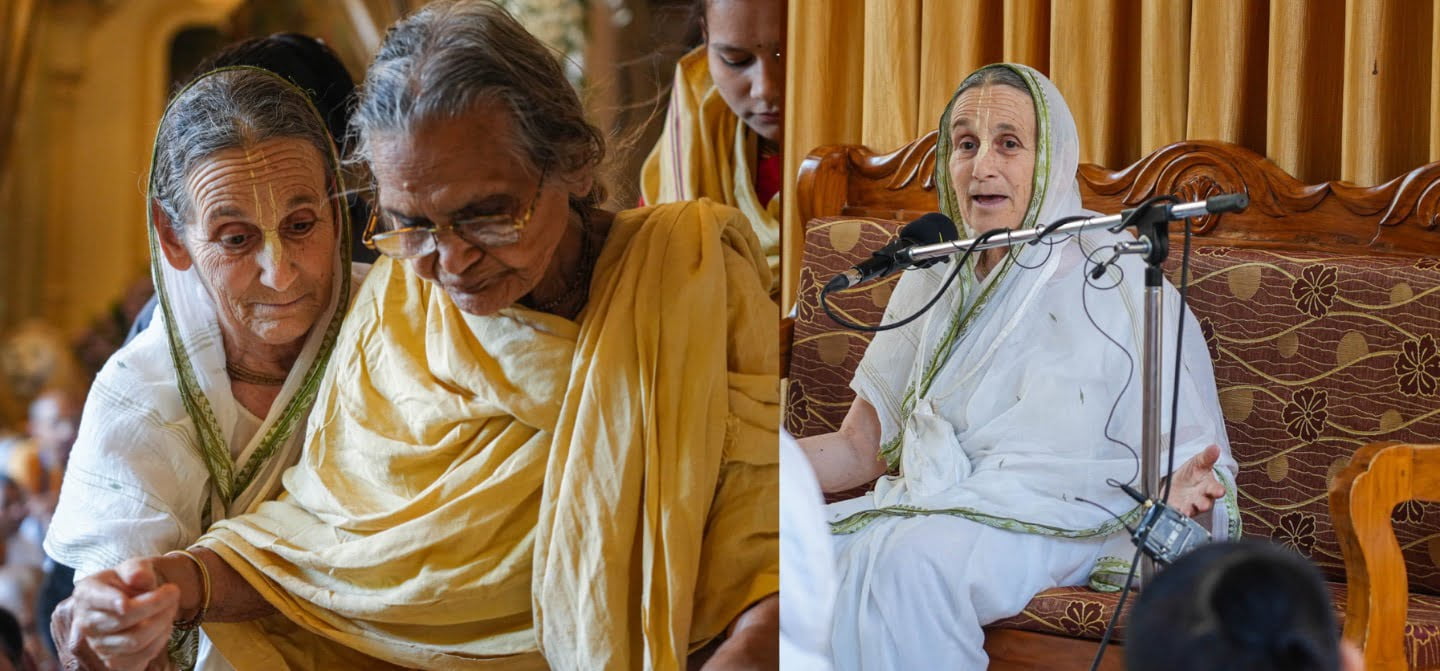Vatican Study Shows Genders Sin Differently
By Nadine Williams | Feb 21, 2009

As if there aren’t enough differences between the sexes – now it seems we sin in quite diverse ways. Men struggle most with lust, while for women it’s the issue of pride.
A Vatican report has found that after excessive pride, the most common sin for women is envy; for men the urge for sex is followed by desire for food, The Advertiser reports.
Looking further into the gender divide, the top three sins of blokes are the bottom ones for the fairer sex.
The report is based on a study of confessions carried out by Father Roberto Busa, a 95-year-old Jesuit scholar. The Pope’s personal theologian backs up the report in the Vatican newspaper.
“Men and women sin in different ways,” Monsignor Wojciech Giertych, theologian to the papal household, writes in L’Osservatore Romano. “When you look at vices from the point of view of the difficulties they create, you find that men experiment in a different way from women.”
Monsignor Giertych says the most trying sin for men is lust, followed by gluttony, sloth (laziness), anger, pride, envy and greed. For women, the most dangerous are pride, envy, anger, lust, gluttony, greed and sloth.
The report was released amid Vatican concern over the declining rate of confessions – a trend also noted by the Catholic Church’s Adelaide office.
Another recent survey of Catholics found nearly a third no longer consider confession necessary, while one in 10 deem the process an “obstacle to their dialogue with God”.
Pope Benedict, who reportedly confesses his sins once a week, last year voiced his own disquiet on the subject.
“We are losing the notion of sin,” he said.
“If people do not confess regularly, they risk slowing their spiritual rhythm.”
On the other side of the argument, renowned Buddhist nun the Venerable Robina Courtin scotches the concept of “sin”.
The Australian nun, in Adelaide for a series of public lectures, says the issue of sin illuminates the differences in fundamental beliefs.
“Buddhism doesn’t have a God as a divine power who creates us. We believe that everything that happens to us is a result of our own actions – that concept of Karma,” she says.
Instead, Buddhism highlights “negative actions” and their impact on others based on emotions all humans share.
“The concept in Buddhism is negative states of mind, neurosese, that sense of self hate,” she adds.
“We all have these tendencies. They are not sins; we don’t use the term `sin’. Instead of blaming everybody else, feeling like a victim, living in denial, you own your action. You regret and vow don’t do it again.”
So, she says, there is no divide based on sex but a concept that we behave according to shared human tendencies triggered by positive or negative states.
The Catholic “sins” of anger, rage, jealousy and so on are negative emotions that harm others.
“See how these emotions hurt yourself and others and how ridiculous it is to suffer,” she says.
“You become familiar with these so-called sins. Instead of beating yourselves up about guilt, neurosese, you don’t deny them, you be responsible . . . you regret.
“The attitudes we have to cultivate is to own these human tendencies we all have: They are negative because they hurt you and harm others.
“I talked to a Catholic friend just the other day and asked about sin. He said by definition `a sin is what goes against the Will of God’. Inevitably, you would need God to forgive you in that model, but it isn’t the Buddhist belief.”
However, the concept of sin is fundamental in the Christian faith, from the first chapter of the Bible – which relates how Adam and Eve “fall into sin” by disobeying God – to the crucifixion of Christ, for the salvation of the sins of the world.
One of the Christian Sacraments is the power of priests, pastors and ministers to forgive the sins of people who repent of them.
However, only the Catholic religion calls for confession and repentance and remission of admitted sins by priests in confessional boxes.
In the last Census, about 74 per cent of Australians said they believe in God, although only 14 per cent went to church.
In America, 70 per cent of people believe in Hell.
The “seven deadly sins” were drawn up by the early Christian church to teach godliness. In the Middle Ages, Pope Gregory I included them in Catholic teachings.
Catholic theology teaches that such “sins” carry the threat of eternal damnation.
Last year, the Vatican suggested seven new sins more relevant to modern times. They were genetic modification, human experimentation, polluting the environment, social injustice, causing poverty, financial gluttony, and the taking or selling of drugs.












